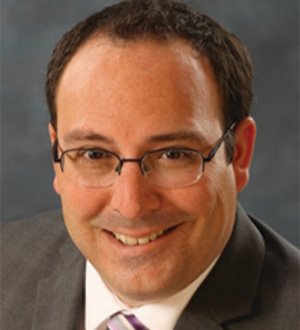Best Lawyers in St. Louis, Missouri for Medical Malpractice Law - Plaintiffs
Practice Area Overview
To meet the legal definitions of malpractice, the poor care must be more than a mere mistake by a doctor or more than a health care provider’s simply “being human.” Malpractice occurs when the care or treatment falls below accepted community standards. Such substandard care is commonly referred to as “negligent” care.
Although medical malpractice most commonly is associated with inattention or carelessness on the part of doctors and other health care professionals, the term also includes reckless or intentional misconduct, ranging from discharging a patient prematurely for financial reasons to performing surgery for which the patient has not consented to sexual assault on unconscious patients.
If the victims of such conduct or inaction are able to prove that the provider’s wrongdoing caused their injuries, they will be entitled to a money award to compensate them for what they have lost as a result. Many attorneys will accept such cases on a “contingency fee basis,” that is, taking fees only out of the money they win for you.
This area of law is complex and difficult for injured patients because of numerous technical advantages held by the providers (and their insurance companies). It is therefore particularly important in medical malpractice cases to find an excellent attorney to represent you. It is also important to do so promptly because there are severe (and often arbitrary) time limits on when you may bring your case (“you snooze, you lose”).
There are many questions you should ask when selecting a medical malpractice attorney. Have they handled cases like yours in the past? Do they have a medical background or other medical resources to enable them to compete effectively against the vast resources possessed by the other side? How are they rated by their colleagues and peer organizations? What honors, awards, or other objective ratings of success have they received? Superior qualifications and successful track records are far more important to the outcome of your case than are flashy advertisements.

Our Methodology
Recognition by Best Lawyers is based entirely on peer review. Our methodology is designed to capture, as accurately as possible, the consensus opinion of leading lawyers about the professional abilities of their colleagues within the same geographical area and legal practice area.
The Process
Best Lawyers employs a sophisticated, conscientious, rational, and transparent survey process designed to elicit meaningful and substantive evaluations of the quality of legal services. Our belief has always been that the quality of a peer review survey is directly related to the quality of the voters.
















